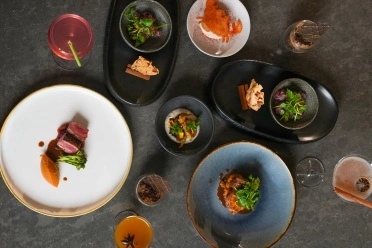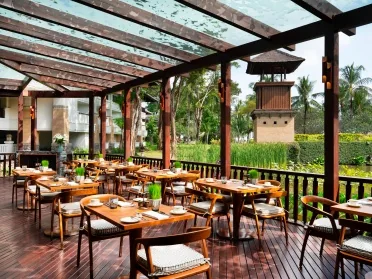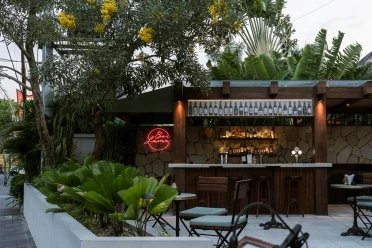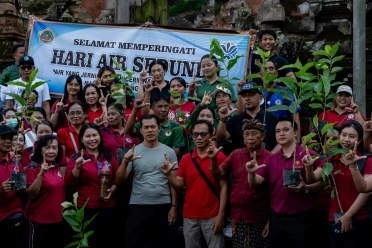Bali honors every aspect of life in a spiritual way through fascinating rituals and ceremonies. Among these rituals, the Melaspas ceremonies stand out as vital practices that purify and sanctify newly built spaces, ensuring harmony between the physical and spiritual realms. Everyone who lives in Bali, whether local or expatriate, will likely encounter a Melaspas ceremony at some point, especially when opening a new business that requires a building. Locals often suggest this ritual, and it's fascinating to take part in. Let's dig deeper behind the meaning of this wonderful ceremony!
Purifying Spaces, Building Blessings: The Importance of Melaspas Ceremony
Understanding
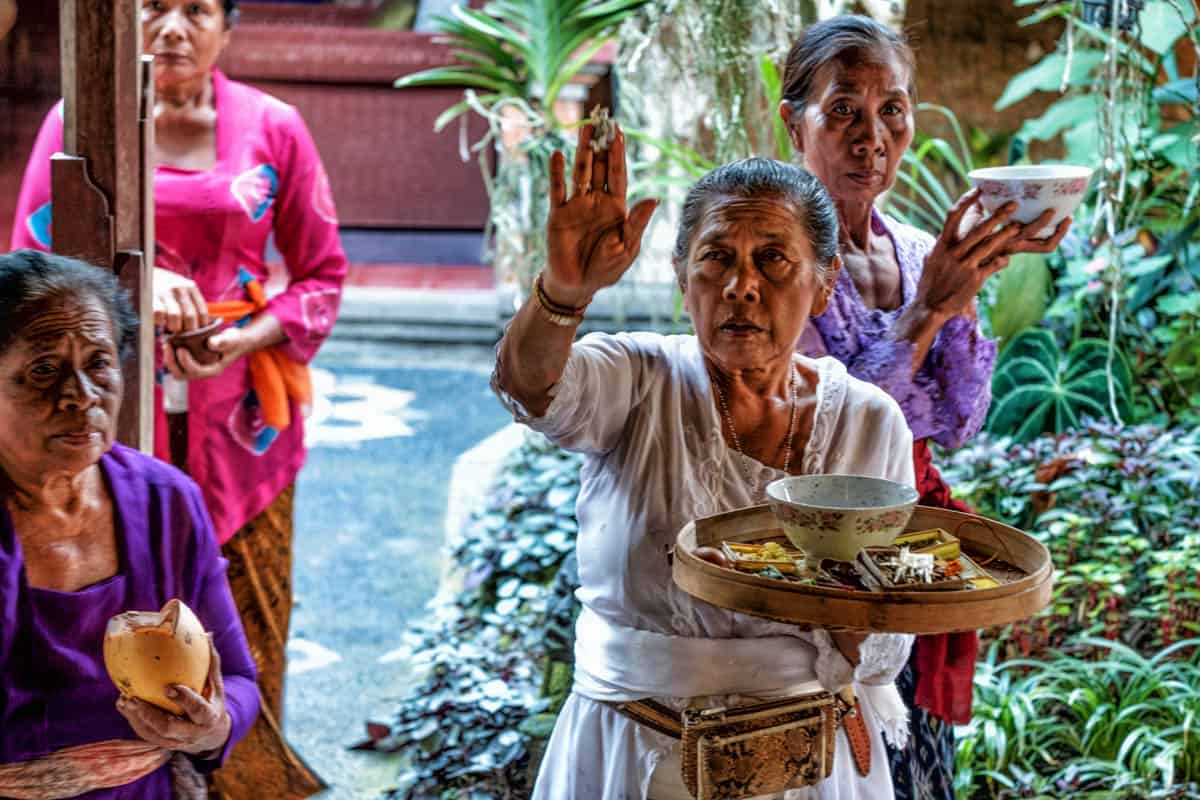
The word "Melaspas" is derived from the Balinese words "mlas," meaning separator, and "pas," meaning fitting. This ceremony is designed to bring all elements of a building—both seen, such as the physical structure, and unseen, like the surrounding spirits—into a harmonious state. Melaspas ceremony is mandatory in ‘Adat Bali’ (Balinese Custom), and will be strongly suggested for all new buildings in Bali, from homes to shops and offices, villa and resort, providing a unique cultural experience for locals and foreigners alike.
Rituals
The Melaspas ceremony is a purification and cleansing ritual performed by a Balinese priest, known as a pemangku or pedanda (high priest). It involves a series of rituals that span several hours, accompanied by the melodious sounds of Gamelan, traditional Balinese music.
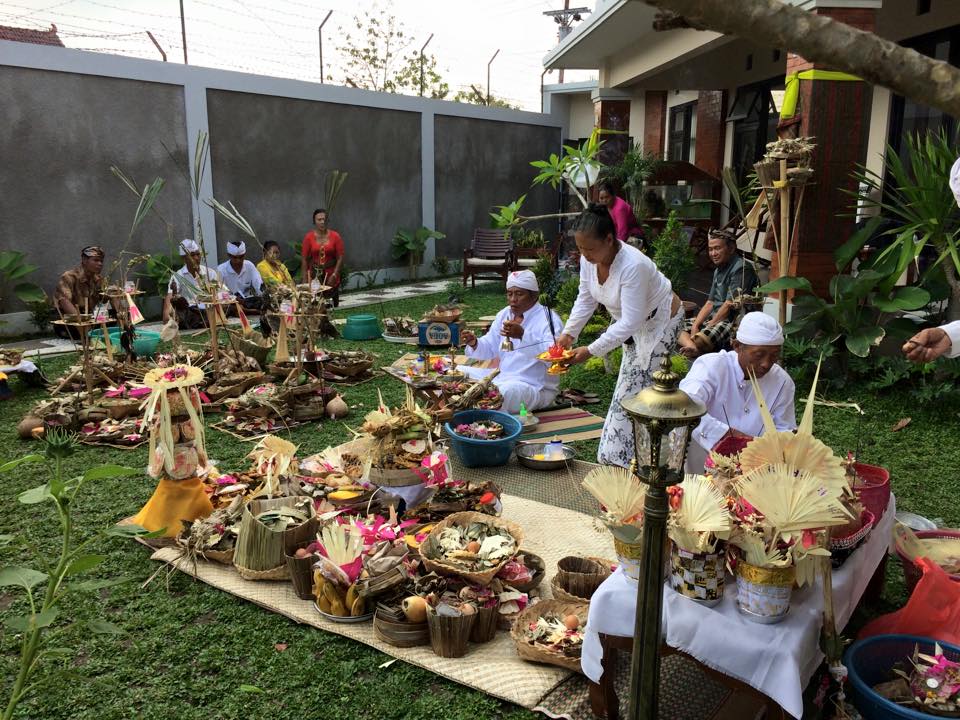
Guests attending the ceremony are dressed in traditional Balinese attire. Women wear a light-colored kebaya (top), kamen (skirt), and selendang (colorful belt), while men don a kamen (similar to a sarong), baju (white shirt), and selendang, completed with an udeng (headband). During the ceremony, the priest blesses various offerings to be buried around the property for protection. Village women sprinkle holy water on every part of the property to ensure it is fully protected, and the landowners, business owners, and employees offer prayers for blessings.
Significance
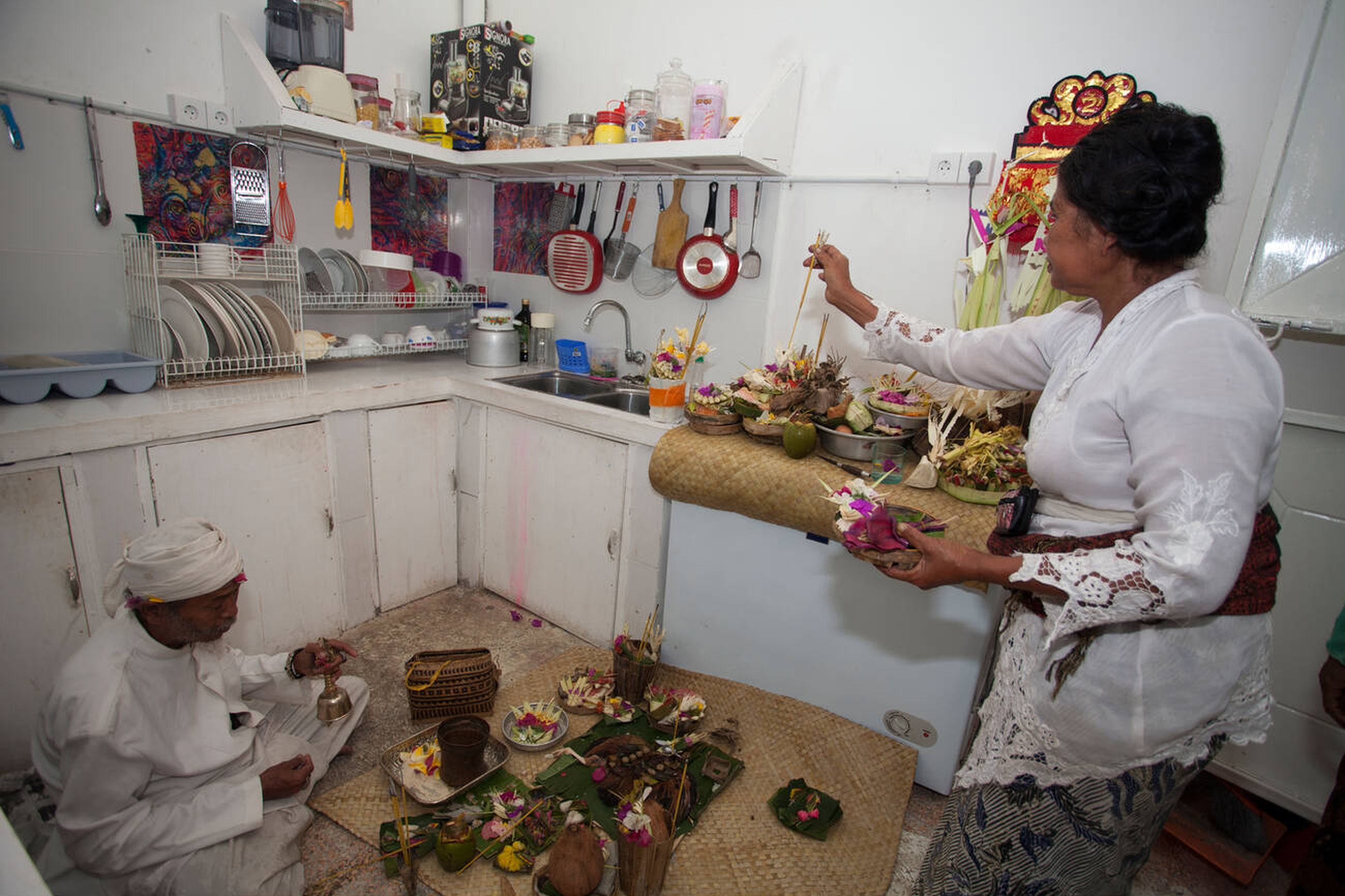
The Melaspas ceremony purifies the physical space and cleanses it from negative energies or influences, symbolizing a fresh start and harmonious coexistence between the spiritual and physical realms. Through prayers and blessings, it invokes divine protection and prosperity for the new establishment, fostering a sense of unity and togetherness among those involved.
Mecaru: Harmonizing with Nature
Often conducted alongside the Melaspas ceremony is the Mecaru ceremony, also known as Bhuta Yadnya. Mecaru aims to maintain harmony between humans and nature by placating negative forces and inviting positive energies. This ritual involves offerings called caru, which typically include nasi lima warna (five-colored rice), chicken, and traditional Balinese liquor.
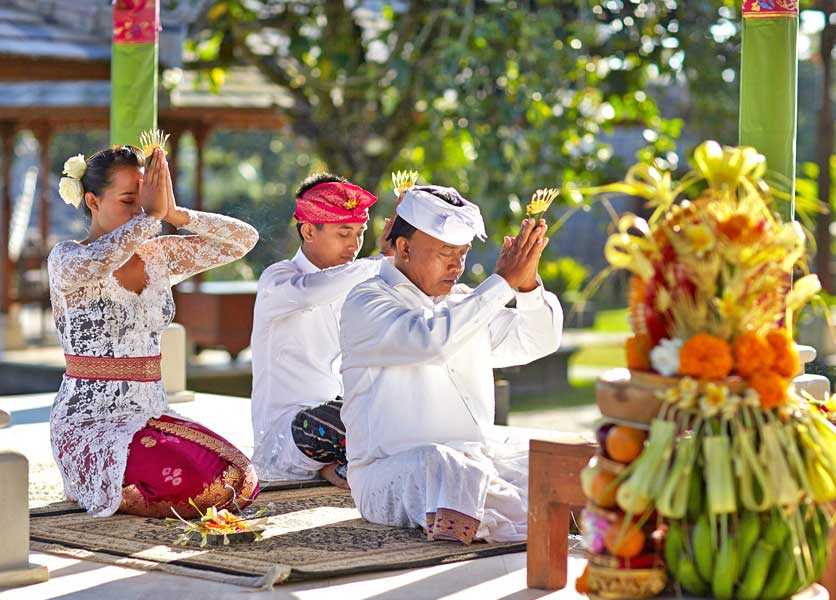
The Mecaru ceremony symbolizes the purification of Bhuta Kala (negative elements) and is usually performed before the Nyepi Day, Bali's Day of Silence. It serves as a reminder of the importance of preserving the natural environment and living in harmony with the elements—earth, water, air, fire, and ether.
The Essence
Both Melaspas and Mecaru ceremonies reflect the deep spiritual values of the Balinese people. They emphasize purification, protection, and the harmonious coexistence of the physical and spiritual realms. For those involved, these ceremonies are not just rituals but profound experiences that strengthen communal bonds and reinforce shared values.
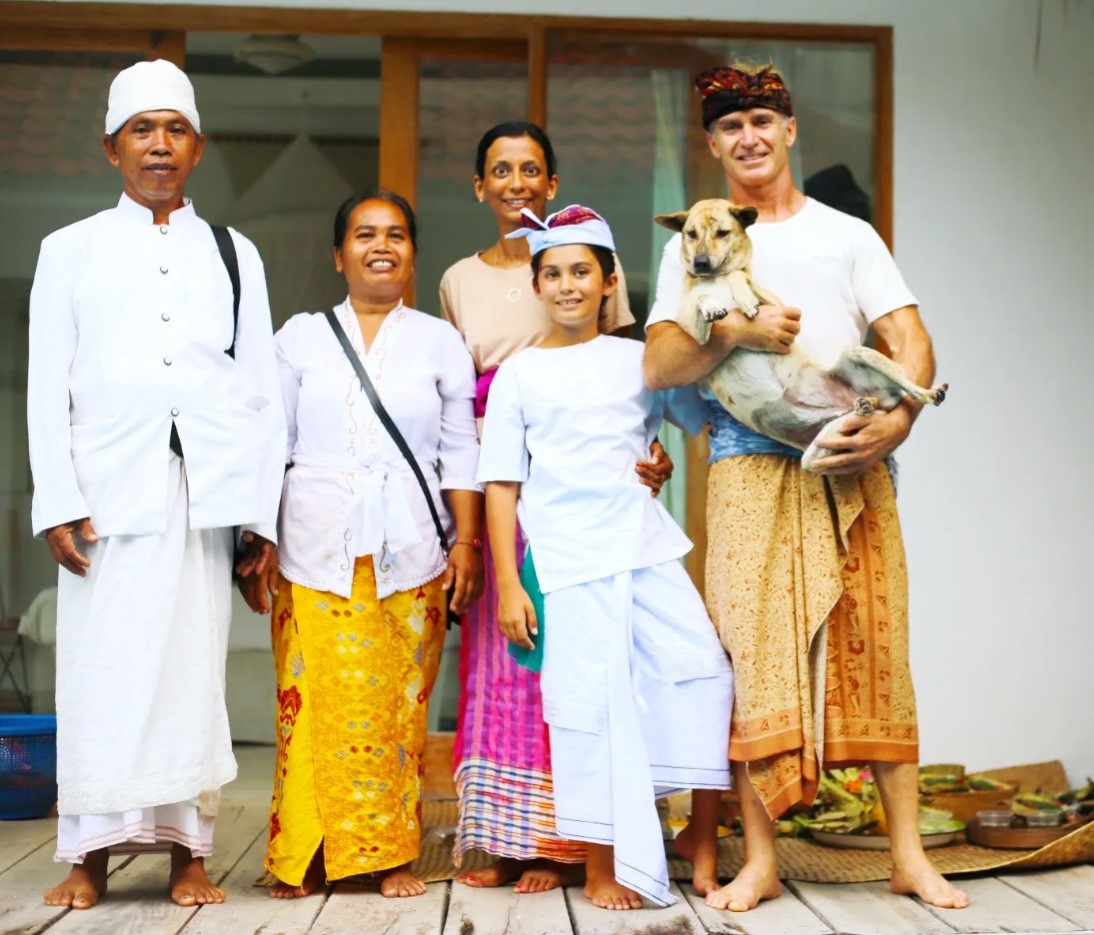
As we participate in these sacred events, we deeply honor and respect the local traditions that make Bali so special. The Melaspas (and Mecaru) ceremonies are a testament to the island's rich cultural heritage, providing an unforgettable glimpse into the spiritual life of the Balinese people.



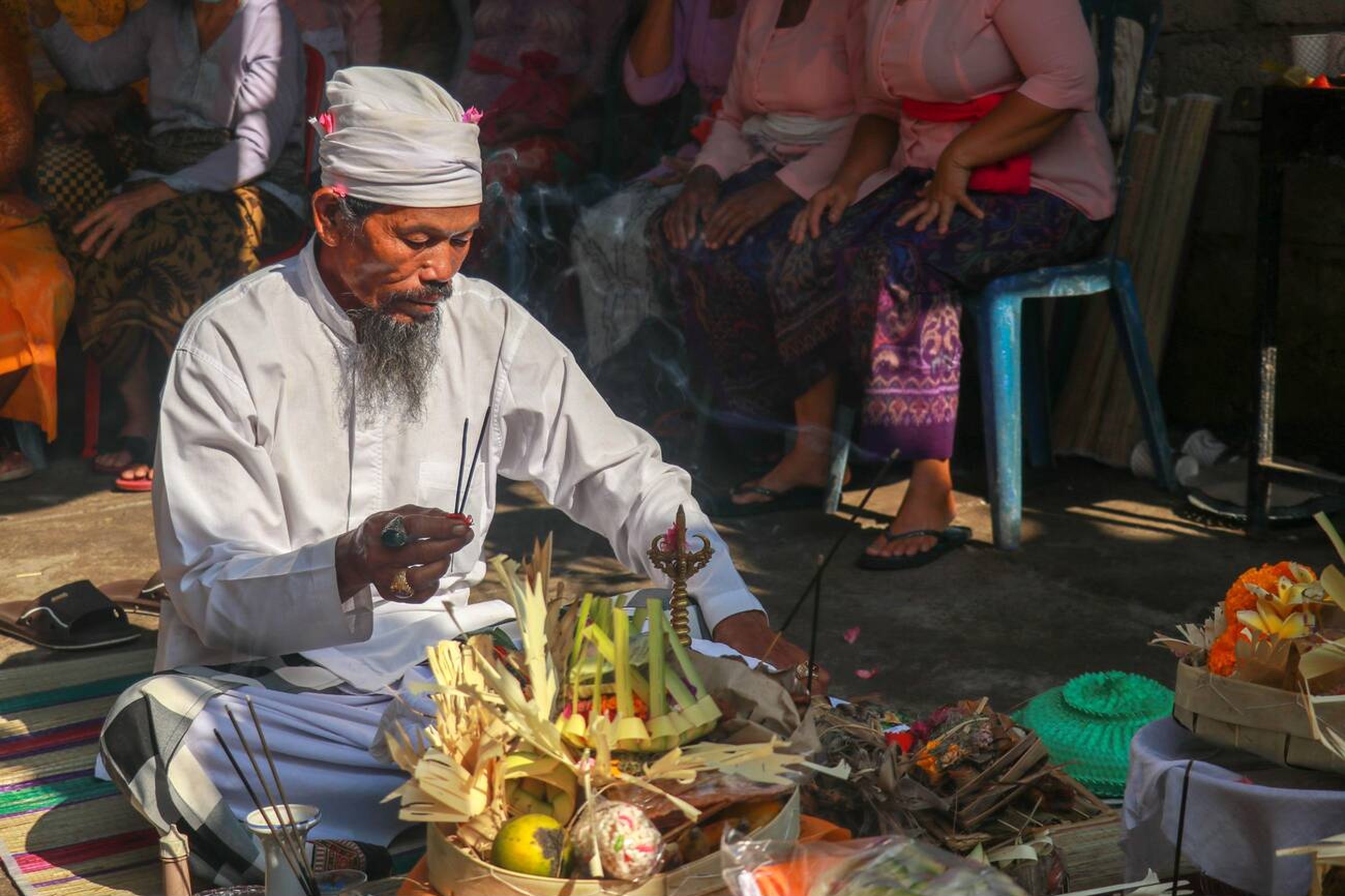
 Billy Bagus
Billy Bagus
 Jul 12, 2024
Jul 12, 2024
